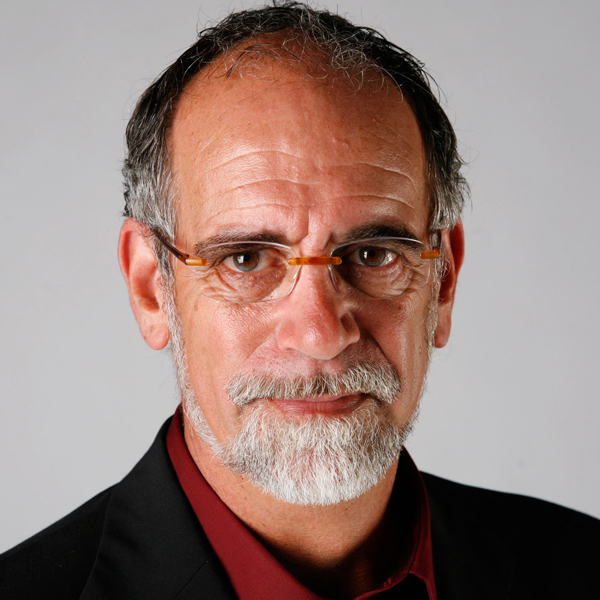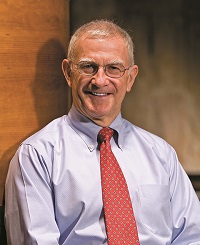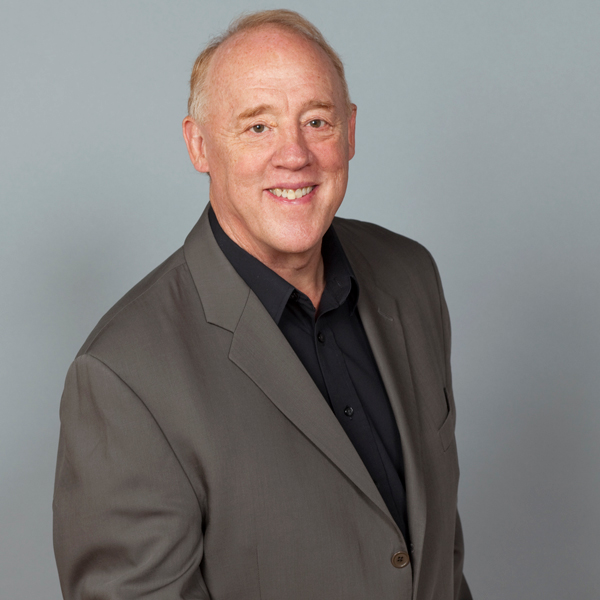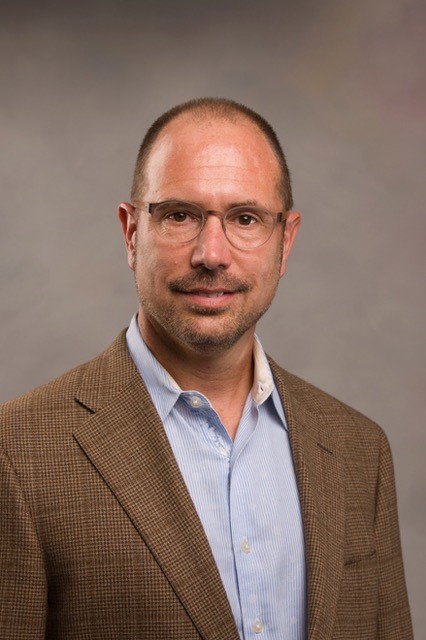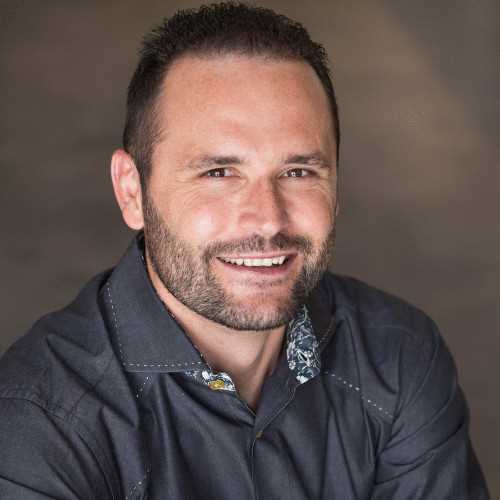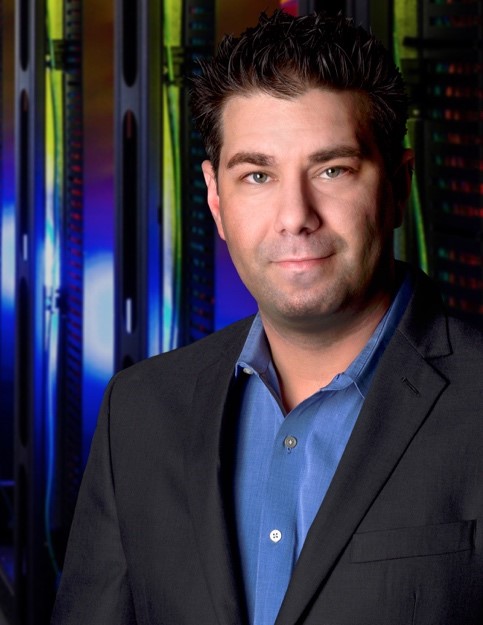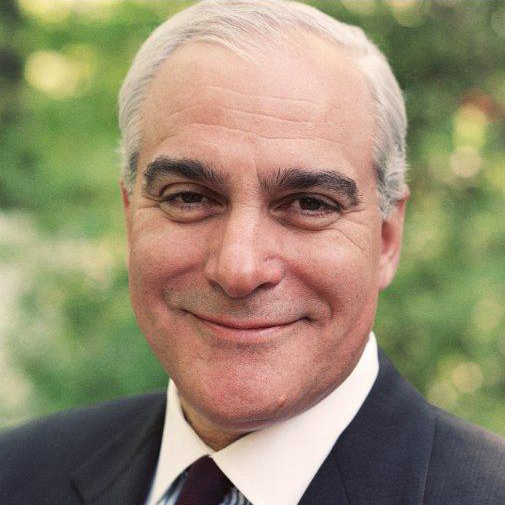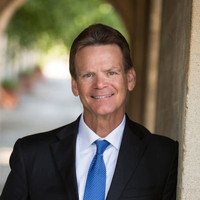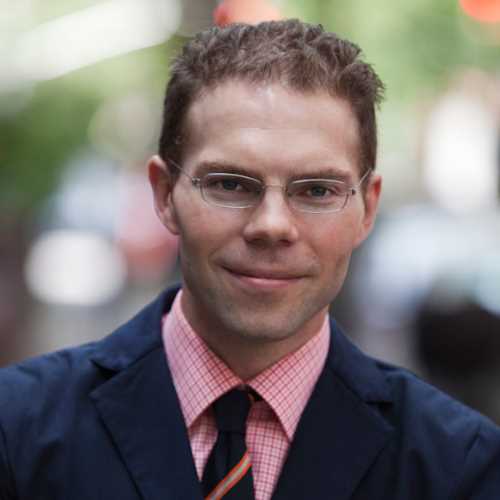
Greg Lindsay
- Senior Fellow of the New Cities Foundation
- Co-author of Aerotropolis: The Way We’ll Live Next
- Expert on Globalization, Urbanization and Innovation
Travels From
New York
Greg Lindsay Speaker Biography
Hailed as an expert on the future of travel, technology and urbanism by The New York Times, The Wall Street Journal and CNN, Greg Lindsay, is a journalist, futurist and established authority on globalization and innovation. Described as “intellectually stimulating and thought-provoking,” the two-time Jeopardy! champion (and only human to go undefeated against IBM’s Watson) has been invited to share his insights at the Aspen Ideas Festival, the U.S. State Department and with several Fortune 100 companies, including Google, Intel, Boeing and FedEx. His upcoming book, Engineering Serendipity is anticipated to delve into how innovative organizations are harnessing social networks and developing new ways of working to cultivate new ideas, inspire collaboration and spur employee engagement and innovation.
With more than a decade of writing and research on globalization, urbanism, innovation and adaptability, Lindsay has produced groundbreaking insight featured in leading outlets, including Harvard Business Review, Bloomberg Business, McKinsey Quarterly, World Policy Journal, and on NPR and the BBC.
Lindsay is the director of the Emergent Cities Project at the World Policy Institute, a visiting scholar at NYU and a contributing writer for Fast Company. He received critical acclaim as co-author of Aerotropolis: The Way We’ll Live Next, hailed as an essential guide to the 21st century.
Recognized for his sharp intelligence, quick wit and brilliant perspective, Lindsay engages audiences with mind-blowing insights on globalization, offering fascinating visions of our interconnected future, the potential challenges and opportunities, and unique perspectives on everything from office cubes to advancing technologies changing human behavior.
Engineering Serendipity
Innovation is fundamentally social. Case study after study has shown that the best ideas are more likely to arise from a casual chat around the water cooler than any scheduled meeting. They are the result of serendipity - a chance encounter at the right time by the right people, regardless of their rank, affiliation, and department or whether they even work for the same company. For innovative companies like Google, working in a traditional office has proven to be a dead end. Instead, they are busy engineering serendipity, harnessing social networks and new ways of working designed to cultivate the discovery of new ideas, even going so far as to invite strangers in off the street to work side-by-side with their employees. Journalist Greg Lindsay will share techniques for how cities, companies, and individuals alike can learn faster via engineering serendipity.
The New Geography
How did China become the "world's factory?" Why are Americans checking into Bangkok for heart surgery? How did Africa become a breadbasket for the Middle East? And how did Qatar, of all places, win the World Cup in 2022? What all of these things have in common is that they were made possible by the world's explosive growth in air travel. The combination of the Internet and jet engine is redrawing the world map, creating new winners and losers among countries, cities, companies, and all of us. Greg Lindsay, author of Aerotropolis: The Way We'll Live Next, explains the rules, threats, and opportunities of the new highways in the sky.
Not-So-Smart-Cities
Humanity is officially an urban species - more than half of us live in cities. Our numbers will double by 2050 to more than 6 billion people, equal to the number of people alive on Earth right now. To house them, India must build the equivalent of a new Chicago every year; China must build the equivalent of a new New York. Cities have become the battleground for every challenge facing us: poverty; education; climate change, and resource depletion, just to name a few. The answer, according to companies like IBM, Cisco, and Siemens, are "smart cities," i.e. cities equipped with sensors and software to make everything run a little bit faster and a little bit faster. Not so fast, says the journalist Greg Lindsay, who has studied these cities first-hand. The only way to make cities smarter is to put new technologies in the hands of people, not embedded in buildings or city streets. He shares lessons we can learn from the world's truly smart (and not-so-smart) cities, and how we can use this knowledge to rebuild our communities at home.
Rehousing the American Dream
The foreclosure crisis that began in 2007 signals an end to the "American Dream" of universal suburban home ownership. But it also represents an opportunity to imagine a more equitable, sustainable, walkable and ultimately more affordable urban future. Last year, Greg Lindsay joined a team of architects, artists, environmentalists, and economists to rethink suburbia as part of an exhibit for New York's Museum of Modern Art titled Foreclosed: Rehousing the American Dream. In describing their project, "The Garden in the Machine," he offers the blueprints to building a better suburb for the next generation of Americans who will call them home.
China’s Unlikely Innovators – Its Copycat Kings
It's said that Chinese companies don't innovate. Even the biggest and most successful firms are still playing catch-up to their Western rivals. But that's because we're looking in the wrong place. The outfits that have the most in common with our most innovative start-ups are actually China's copycat kings, the shanzhai. Working in teams as small as a half-dozen people, the shanzhai are estimated to produce nearly half of China's 500 million cell phones per year. Inexpensive shanzhai phones have connected India's rural poor and helped trigger the Arab Spring. More recently, the copycats have gone legit, innovating too quickly for foreign brands like Nokia to keep up. What lessons can we learn from the shanzhai, and what threat do they pose to companies doing business in China?
Emergent Cities
Humans are an urban species — more than half of us now live in cities. Our numbers will double by 2050 to more than 7 billion people, equal to the number of people alive on Earth right now. Every challenge we face will by definition become an urban one: poverty; education; climate change; immigration, mobility, and innovation, just to name a few. What do cities have to teach us about resilience, and what can we learn about social cohesion, entrepreneurship, and innovation from even the poorest slums? Greg Lindsay is a senior fellow at the World Policy Institute, where he leads the Emergent Cities Project. He will share new lessons from the world’s emerging mega-cities and how we can adapt their best ideas to meet pressing challenges at home.

